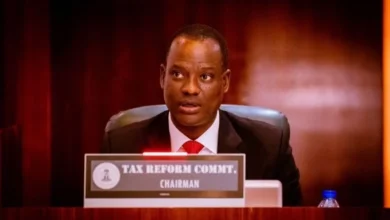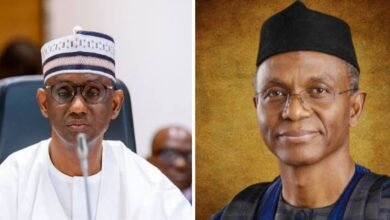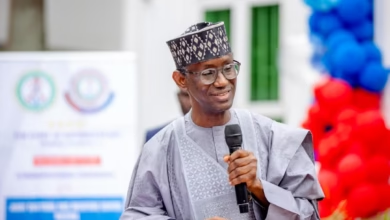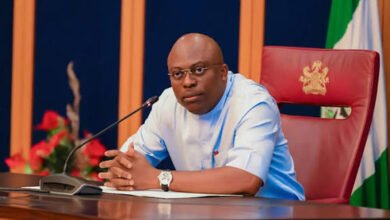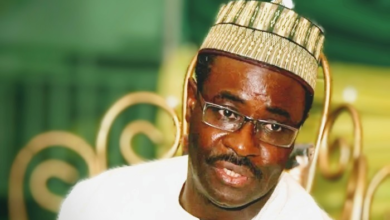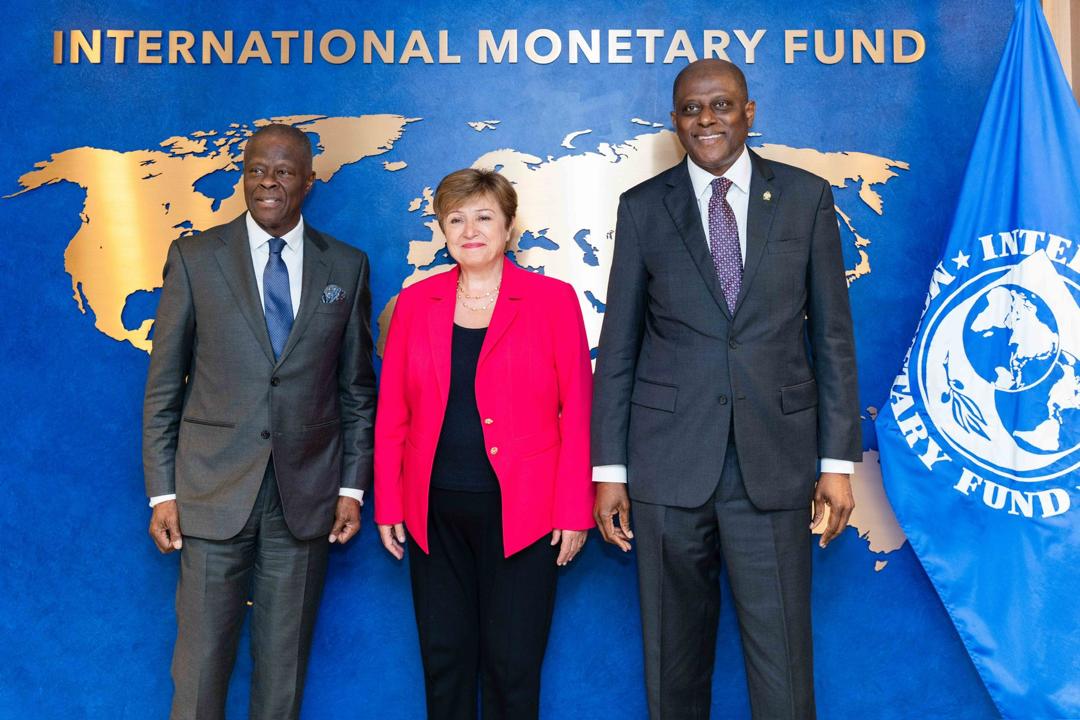
At the 2025 IMF-World Bank Spring Meetings in Washington D.C., Nigeria’s Minister of Finance and Coordinating Minister of the Economy, Wale Edun, led a high-powered delegation to advance the country’s reform agenda, deepen international partnerships, and reposition Nigeria within the global financial architecture. Among the Nigerian delegation also included the Governor of the Central Bank of Nigeria (CBN), Yemi Cardoso, CEOs of major financial institutions, and representatives from civil society and the private sector.
The Spring Meetings convened finance ministers, central bank governors, and economic stakeholders from over 190 countries to discuss urgent global economic challenges, ranging from financial stability and debt sustainability to climate financing and inclusive development.
For Nigeria, the Meetings served as a strategic platform to showcase economic progress, attract investment, and align domestic policies with global financial trends.
Throughout the week-long engagements, Wale Edun played a central role in articulating Nigeria’s reform priorities and building confidence in its economic trajectory.
A major thrust of Edun’s participation was presenting Nigeria’s ambitious economic reform programme. He highlighted key achievements, including the removal of costly fuel subsidies, greater transparency in the foreign exchange market, and a halt to monetary financing of fiscal deficits—measures that have helped narrow the budget deficit, stabilize the exchange rate, and improve the country’s trade balance.
At the Nigeria Investment Forum held on the sidelines of the meetings, Mr Wale Edun underscored the country’s readiness for investment. He cited major infrastructure projects—such as the private-sector-driven tendering of 4,000 km of roads and the rollout of 90,000 km of fibre optic cable—as evidence of Nigeria’s commitment to economic modernization. He also emphasized the Nigerian National Petroleum Company Limited’s renewed mandate to increase production and cut operational costs.
According to Edun, these initiatives are designed not only to stimulate economic activity but also to generate jobs and empower Nigeria’s youth—especially in the tech and digital sectors.
In addition to plenary sessions, Edun held bilateral meetings with senior officials from the IMF, World Bank, and International Finance Corporation (IFC). These discussions centred on securing technical and financial support for Nigeria’s reform agenda, as well as deepening collaboration to unlock long-term growth.
These high-level engagements built on earlier momentum, particularly Edun’s 2024 meeting with U.S. Deputy Treasury Secretary Wally Adeyemo, who praised Nigeria’s market-oriented reforms and efforts to curb illicit financial flows. In 2025, Edun continued to leverage these relationships to attract development financing and bolster Nigeria’s credibility.
Edun also participated in thematic roundtables on pressing global issues such as climate finance, energy transition, and debt restructuring. Representing Nigeria and other developing nations, he called for a more inclusive and responsive global financial system. He advocated for new financing models and reforms to international lending frameworks that better reflect the development needs of the Global South.
In his interventions, Wale Edun highlighted the IMF’s continuing support for Nigeria’s reforms. He noted that the Fund, alongside the World Bank, views Nigeria as a model for bold, corrective action in the face of economic challenges. The IMF’s most recent Article IV consultations, held earlier in April 2025, acknowledged Nigeria’s progress in macroeconomic stability and resilience.
Recall that the IMF had previously revised Nigeria’s GDP growth forecast upward to 3.34% in 2024, citing improvements in monetary and fiscal policy. Edun’s messaging in Washington reinforced this trajectory.
Edun reiterated that Nigeria’s reform efforts are ultimately geared towards achieving rapid, inclusive growth. He emphasized agriculture as a key area of focus for enhancing food security and creating jobs. Poverty reduction, youth employment, and human capital development, he said, remain central to the President Bola Ahmed Tinubu administration’s long-term strategy.
Mr. Wale Edun’s participation in the 2025 IMF-World Bank Spring Meetings reaffirmed Nigeria’s commitment to economic transformation and active engagement in global financial governance. Mr. Edun presented a forward-looking vision of Nigeria’s economic reforms, rooted in stability, recovery, investments, job creation, and inclusive growth. one rooted in reform, investment, and inclusive growth.
– John Olanipekun, an Economist writes from Ogun State

